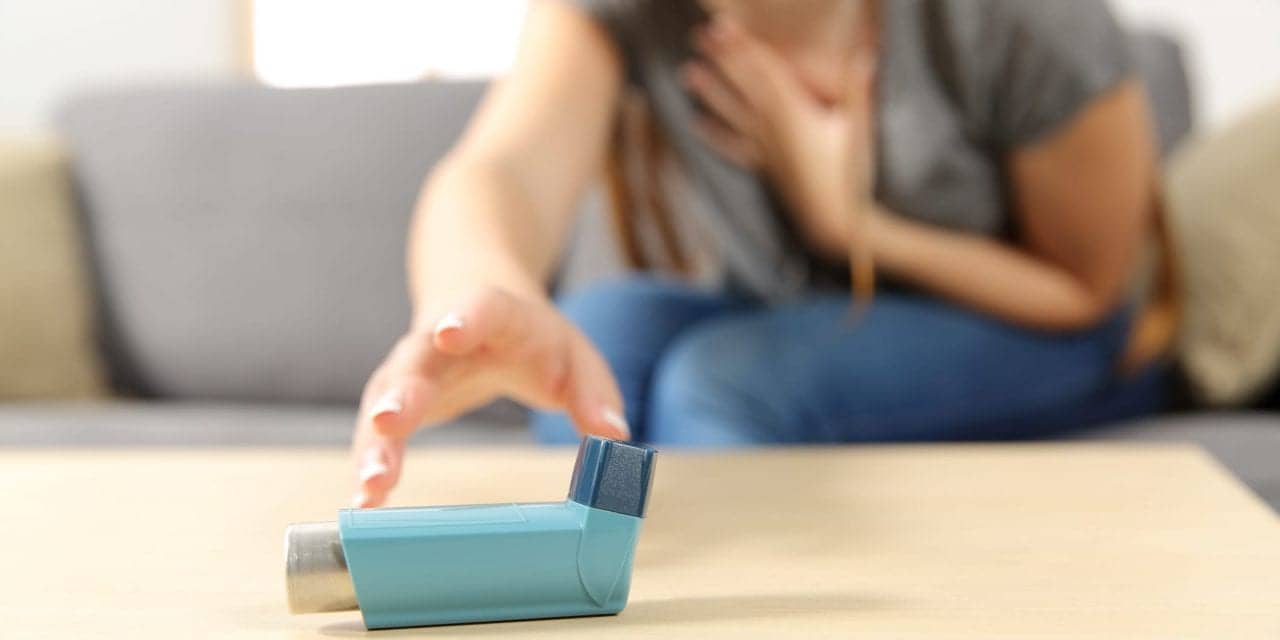Teens in urban areas could benefit more from peer-led asthma management education as opposed to programs led by adults, new research shows.
These and other findings were described in a randomized clinical trial published in the Journal of the American Medical Association.
The potential for peer-led asthma education self-management programs to improve asthma outcomes in urban adolescents has yet to be elucidated. Researchers assessed the long-term effects of such a program in participants with persistent asthma aged between 12 and 17 years in 3 US metropolitan areas: Buffalo, New York; Baltimore, Maryland; and Memphis, Tennessee. The experimental group received instruction from peers, whereas those in the control group received adult-led instruction. The investigators recruited participants via clinical practices and schools.
The primary endpoint was quality of life measured by the Pediatric Asthma Quality of Life Questionnaire. This tool reflects asthma symptoms, activity limitations, and emotional functioning during the preceding 2 weeks.
Get the full story at pulmonologyadvisor.com
Peer-Led Asthma Education
Go To Source For Respiratory Therapy Coverage
RT delivers in-depth coverage of the clinical, regulatory, and technology landscape for respiratory therapy—and reaches more than 28,000 key decision-makers and influencers. As one of healthcare’s most important data companies, we facilitate the rapid adoption of medical devices and practice management tools into the industry.
Go To Source For Respiratory Therapy Coverage
RT delivers in-depth coverage of the clinical, regulatory, and technology landscape for respiratory therapy—and reaches more than 28,000 key decision-makers and influencers. As one of healthcare’s most important data companies, we facilitate the rapid adoption of medical devices and practice management tools into the industry.








